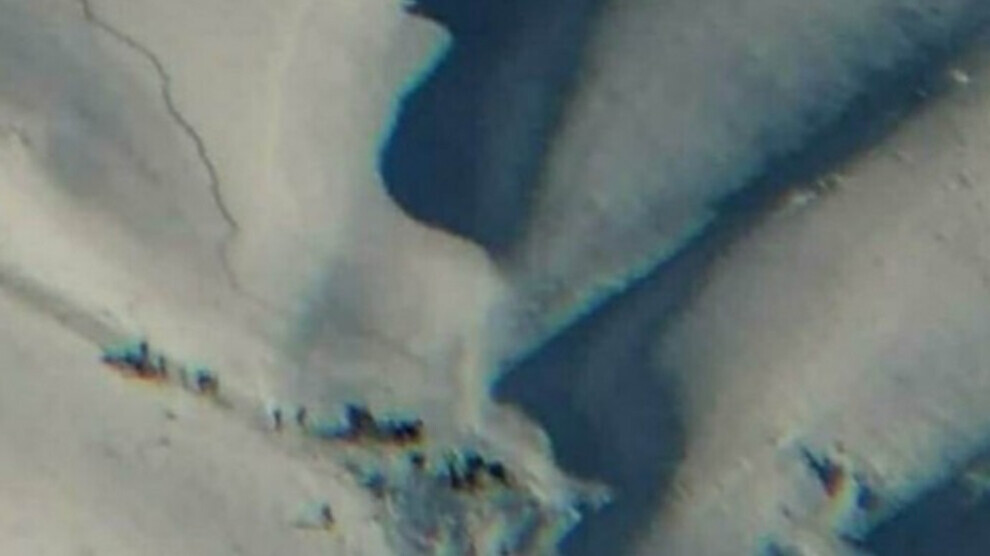Bodies of five kolbars found by families in border area
Five kolbars from Iran who disappeared after an avalanche at Turkey-Iran border on January 18, have been found dead by their families today.
Five kolbars from Iran who disappeared after an avalanche at Turkey-Iran border on January 18, have been found dead by their families today.

Kolbars named Molai Xudai, Firat Xudai, Bilen Ehmedi, Yaver Eslani and Metin Eslani disappeared after an avalanche at the border between Rojhilat (Eastern, Iranian Kurdistan) near Başkale district of Van on January 18.
AFAD (Disaster and Emergency Management Presidency) and UMKE (National Medical Rescue Team)
teams initiated rescue efforts in Başkale region yesterday to find the kolbars but suspended the work due to the risk of another avalanche.
Families came from the Koran village where they live and started a search to find their children after AFAD and UMKE teams failed. The families found the bodies of the five kolbars and took them to Iran on Monday.
The tragedy of the kolbars
Eastern Kurdistan has descended deeper into poverty through the years due to deliberate policies by the Iranian regime and stands out as one of the poorest regions in Iran. Compared to other regions, the area has seen significantly less investment and development has been deliberately curbed. Agriculture and industry weren’t allowed to develop, and as a result unemployment rose to highest in Iran.
Faced with policies of discrimination, oppression and impoverishment, carrying smuggled goods is not a choice but a must for survival.
Kolbar comes from the Kurdish words, “kol” (back) and “bar” (load). Kolbars make their living carrying loads along the perilous border line. Their loads include cigarettes, mobile phones, cloths, housewares, tea and seldomly alcohol. They walk through dangerous terrain to continue this trade between Southern and Eastern Kurdistan. The goods they bring are sold at high prices in Tehran, but the kolbars who risk their lives for them are paid very modestly.
The intermediaries who take the deliveries and find buyers in cities are called kasibkars.
Kolbars and kasibkars range from 13 to 70 years old. Some only finished elementary school, while others are university graduates. They carry loads, because they can’t find any other employment. In the last 5 years, some at least 300 kolbars and kasibkars were killed in cold blood. There are no absolute statistics available for the deaths.